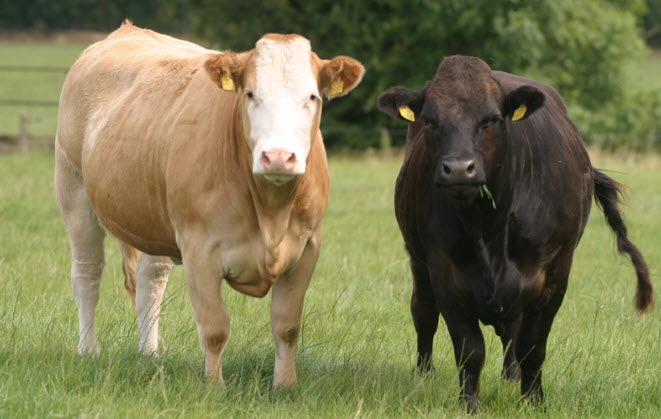To correct alleged price distortions in the local market, the Panamanian government plans to regulate imports of beef from Nicaragua.
The Ministry of Agricultural Development (MIDA)’s plan is to establish new import rules, which will aim to correct the “distortion in the price of beef paid for the local product.”
The new regulatory framework, which according to Panamanian authorities consists of imposing an import tariff that would vary between 15% and 50%, depending on the tariff heading, will come into force through a decree issued by the Ministry of Commerce and Industries ( MY CI). Initially, the measure will only apply to purchases made in Nicaragua, since according to representatives of the MIDA, these are the ones that are most affecting the local beef market.
See “Bovine meat market in Central America“
According to the head of the MIDA, Eduardo Carles, “ …‘In the last 20 months there has been speculation in the price of beef cattle in the country. These irregular lows have caused distortions in the local market, and in conjunction with producers and the agro-industry action is being taken in this regard.“
According to a report by the trade union of entrepreneurs in the sector, the price paid to producers has been falling in recent years, given that between 2016 and 2018 a kilo of calf meat went from $2.63 to $2.22, and in the case of a kilo of steer, it went from $2.22 to $2.02.
Carles added that they have “ … asked the MICI that no later than next Monday (yesterday) the request made by Mr. Juan Carlos Varela be delivered to us to establish regulatory mechanisms for certain types of commercial meat cuts that are coming into the country and which in effect are damaging the commercial line and distorting profit margins of slaughterers and owners of supermarkets and grocery stores.“
It is important to remember that at the beginning of August, several organizations of local agricultural producers organized several demonstrations against the supposedly excessive entry of products such as dairy products and meat. See “Fight against agricultural imports“
